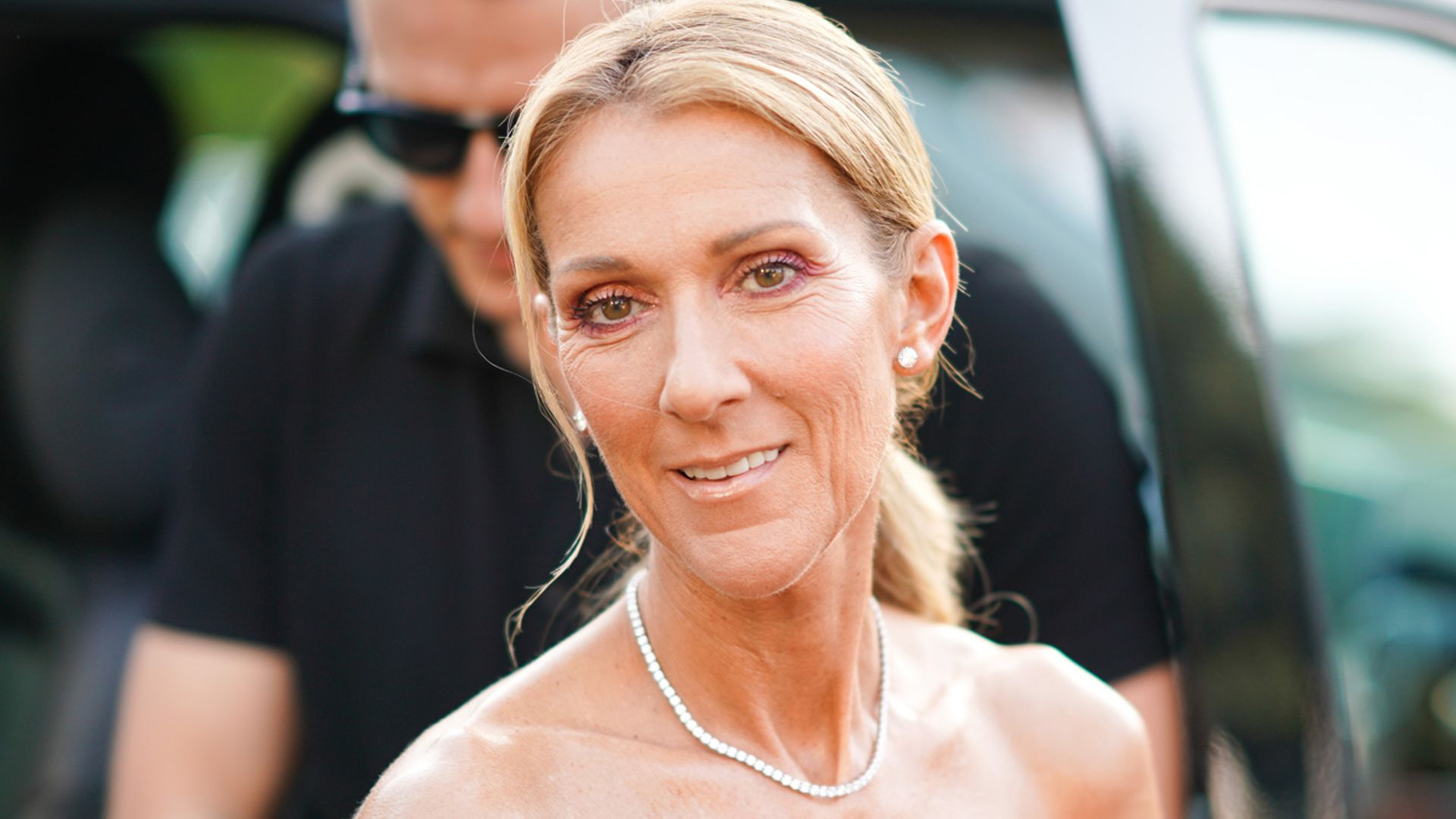Celine Dion’s Stiff Person Syndrome
Celine dion stiff person – Celine Dion has been diagnosed with Stiff Person Syndrome (SPS), a rare neurological disorder that affects the central nervous system. SPS causes muscle stiffness and spasms that can be extremely painful and debilitating.
SPS is a rare condition, affecting approximately one in a million people. It is often difficult to diagnose, as the symptoms can be similar to those of other neurological disorders. In Dion’s case, it took several years to receive an accurate diagnosis.
Impact on Personal and Professional Life
SPS has had a significant impact on Dion’s personal and professional life. The muscle stiffness and spasms have made it difficult for her to perform on stage and travel. She has also had to cancel several concerts and postpone her Courage World Tour.
Despite the challenges, Dion has remained positive and determined to continue her career. She has been working with a team of doctors to manage her condition and has been receiving treatment that has helped to reduce her symptoms.
Causes and Treatment of Stiff Person Syndrome

Stiff Person Syndrome (SPS) is a rare neurological disorder characterized by progressive muscle stiffness and rigidity. The exact cause of SPS is unknown, but several potential factors and risk factors have been identified.
Potential Causes
- Autoimmune disorders: SPS is often associated with autoimmune disorders, where the body’s immune system mistakenly attacks its own tissues. In SPS, antibodies may target the enzyme glutamic acid decarboxylase (GAD), which is involved in the production of the neurotransmitter GABA.
- Genetic mutations: Mutations in certain genes, such as the GAD1 and GAD2 genes, have been linked to an increased risk of developing SPS.
- Environmental triggers: Some environmental factors, such as infections or physical trauma, may trigger the onset of SPS in individuals with an underlying genetic predisposition.
Treatment Options
Treatment for SPS focuses on managing symptoms and improving quality of life. There is no cure for SPS, but various therapies and medications can help alleviate stiffness, pain, and other associated symptoms.
Medications
- Muscle relaxants: Baclofen and diazepam are commonly used to reduce muscle spasms and stiffness.
- Benzodiazepines: Lorazepam and clonazepam can help calm the nervous system and reduce anxiety, which can worsen symptoms.
- Immunosuppressants: Azathioprine and mycophenolate mofetil may be prescribed to suppress the immune system and reduce antibody production.
Therapies
- Physical therapy: Stretching exercises and massage can help improve flexibility and range of motion.
- Occupational therapy: Therapists can assist with adaptive devices and techniques to make daily activities easier.
- Speech therapy: If speech is affected, therapy can help improve articulation and communication.
Lifestyle Modifications
- Stress management: Stress can worsen symptoms, so finding healthy ways to manage stress, such as yoga or meditation, can be beneficial.
- Regular exercise: Gentle exercises that do not trigger muscle spasms can help maintain mobility and prevent further stiffening.
- Supportive devices: Canes, walkers, or wheelchairs may be necessary to aid mobility and reduce strain on muscles.
Challenges and Limitations, Celine dion stiff person
Despite advances in treatment, SPS remains a challenging condition to manage. Treatment options can have side effects, and the effectiveness of therapies may vary from person to person. Additionally, the rarity of SPS can make it difficult to conduct large-scale clinical trials and develop new treatments.
Impact on the Entertainment Industry: Celine Dion Stiff Person

Celine Dion’s Stiff Person Syndrome has had a significant impact on the entertainment industry, forcing her to postpone or cancel concerts and tours, as well as impacting the way she interacts with her fans.
The industry has had to adapt to accommodate her condition, with venues and organizers making changes to ensure her comfort and safety. This has included providing accessible seating, modifying stage setups, and adjusting lighting and sound levels.
Challenges for Performers with Chronic Illnesses
Celine Dion’s experience highlights the challenges faced by performers with chronic illnesses or disabilities, who may have to balance their health needs with the demands of their profession. The industry needs to continue to evolve to become more inclusive and supportive of performers with diverse abilities.
Public Awareness and Support
Celine Dion’s diagnosis with Stiff Person Syndrome has brought significant attention to this rare condition. Her public announcement has sparked widespread discussion and increased awareness among the general population.
The public’s response to Dion’s condition has been overwhelmingly supportive. Many have expressed empathy and understanding for her struggles, and there has been a surge in donations to organizations dedicated to researching and supporting individuals with rare diseases.
Ethical Considerations
While the public’s interest in Dion’s health journey is understandable, it is important to consider the ethical implications of sharing personal medical information. It is crucial to respect Dion’s privacy and avoid exploiting her condition for sensationalism.